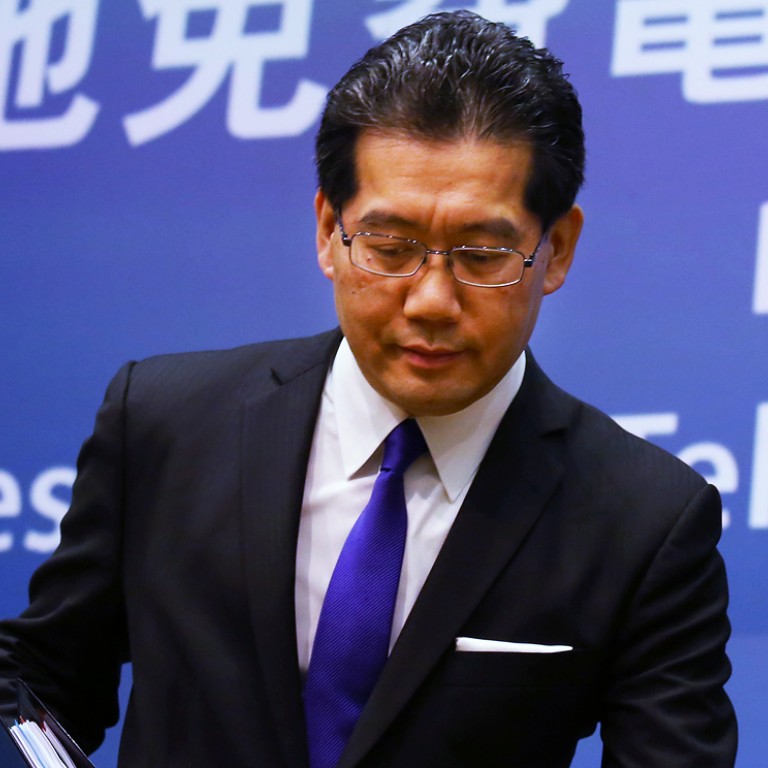
Decision not to renew ATV licence wins government rare praise
After months of apparent dithering, the government's announcement yesterday that it would not renew ATV's licence appears to have staved off a crisis and earned it much-needed points with the public.
After months of apparent dithering, the government's announcement yesterday that it would not renew ATV's licence appears to have staved off a crisis and earned it much-needed points with the public.
The move was cheered by parties from across the political spectrum, in a rare show of all-round support for an administration that has laboured under repeated criticism for many of its policies.
But the feel-good factor over the ATV issue is not likely to translate to support for other measures, say analysts.
The government is in the midst of preparing its political reform proposals to be tabled before the Legislative Council by the summer.
Yesterday, hailing the ATV decision, Selina Chow Liang Shuk-yee, honorary chairwoman of the Liberal Party who worked in the television industry before entering politics, described the Executive Council's decision as fair and correct.
Even the Democrats, often fierce critics of government policy, said they agreed with the decision, with lawmaker Sin Chung-kai urging the government to invite companies to make a bid to take the free-to-air TV licence.

The protesters asserted their "right to watch TV" and to have access to what they described as quality programmes that had been advertised by HTKV's maverick chief, Ricky Wong Wai-kay.
They voiced their unhappiness at the opaque decision-making of the government, which failed to offer a full explanation for why HKTV was rejected. The protesters also expressed anger over the quality of the shows produced by the existing free-TV channels, TVB and ATV, and alleged censorship in their news reports.
Ivan Choy Chi-keung, a political scientist at Chinese University, said the government's decision yesterday might have saved it from another political crisis.
"Imagine the government renewing ATV's licence. It could provoke people to take to the streets again, including those who don't care about politics," Choy said.
"Renewal could have also given pan-democrats another bullet against the government and mobilise people to protest."
As officials were lobbying hard for public support for the government's upcoming proposal for reforming the chief executive election, they could not afford to have another wave of large-scale demonstrations, he said.
Choy added that any remaining sympathisers of ATV, including pro-Beijing supporters, were likely to be turned off by the "extreme acts" of ATV, which included putting up a news report on Tuesday that said Wong would buy ATV - a move he later denied.
Another academic, Dr Chung Kim-wah of Polytechnic University, said while there would be positive vibes from the ATV decision, it did not mean the government would now find it easier to win consensus on other issues.
All the move had done, said analysts, was to show the government that it was in its own interests to play fair.

